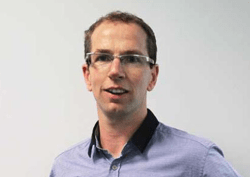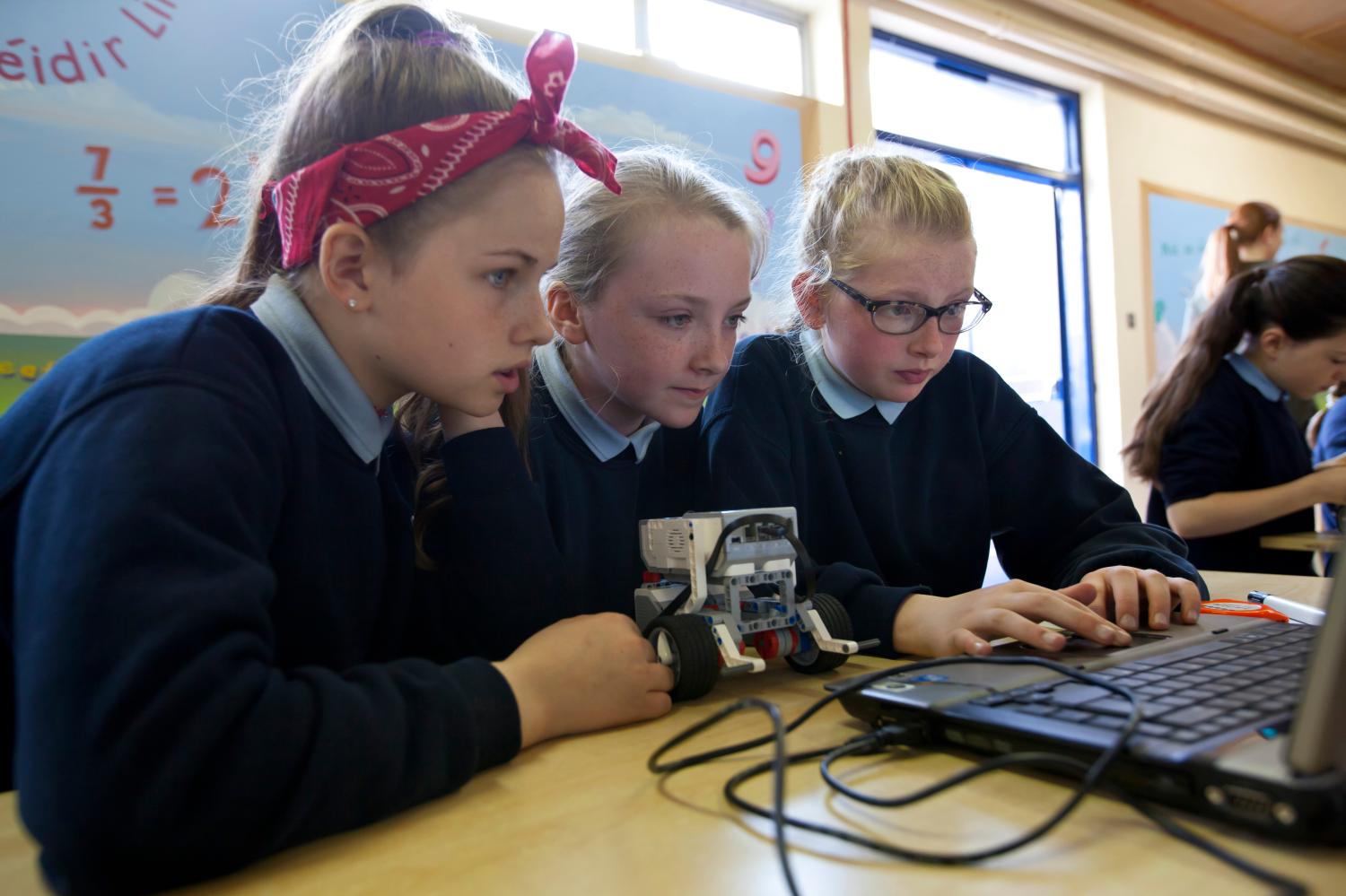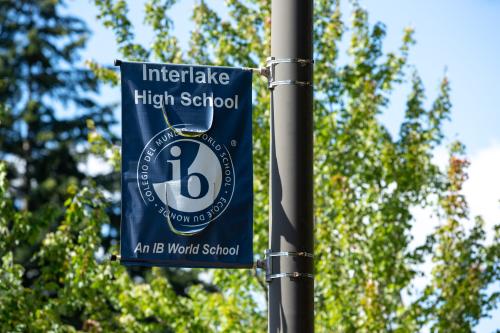This case study focuses on the journey and progress to date within the Irish education system to redevelop the national primary school curriculum.1 While the redevelopment process focuses on all aspects of curriculum, pedagogy, and assessment, a particular focus is placed on elements relating to whole-child development. Central to this is an exploration of provisions for enhanced child and teacher agency regarding curriculum and pedagogy in classrooms and schools. The key tensions in the shift from a detailed and prescriptive curriculum to a curriculum framework—and the interface with policy and discourses prioritizing literacy and numeracy while maintaining an emphasis on whole child development—are explored.
Three key themes have emerged from the case study analysis. First, system-wide involvement by stakeholders has underpinned, informed, and enrichened the redevelopment process from the outset. Second, the redevelopment process has positioned the entire education system as a “learning system,” conceptualizing all stakeholders as both contributors and learners in the reform journey. Third, a shift in understanding what a curriculum is and what it “does” has been prompted by the move away from a traditional detailed objective-based format to a learning outcomes-based curriculum framework. Collectively, the redevelopment process proposes the decentralization of many elements of curriculum-making and enactment, highlighting the paramountcy of teacher and child agency.
|
The summary report “Transforming education for holistic student development: Learning from education system re(building) around the world” lays out 10 key lessons for transforming education systems, which are all exemplified in this case study. In particular, this case study highlights the need to:
1. Develop and distribute leadership for instruction by, among other things, cultivating educator and student agency.
2. Engage and coordinate among diverse stakeholders and leverage partnerships.
3. Balance common systemwide conventions with the need for local discretion to promote and encourage reform. |
-
Footnotes
- This case study is a companion to “Transforming education for holistic student development: Learning from education system (re)building around the world” (Datnow et al., 2022), a summary report that explores the work of building and rebuilding education systems to support holistic student development in six education systems in Singapore, Ireland, Chile, Canada, India, and the United States and in one cross-national system (the International Baccalaureate). While different in many ways, the seven systems bear remarkable similarities in their efforts to (re)build education systems—each is working in policy contexts pressing for academic quality and equity, while also facing additional incentives to support holistic student development.
The Brookings Institution is committed to quality, independence, and impact.
We are supported by a diverse array of funders. In line with our values and policies, each Brookings publication represents the sole views of its author(s).






